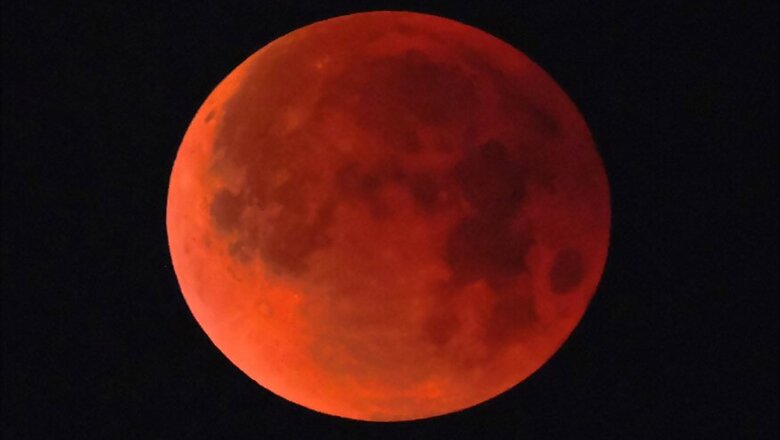
views
Stargazers in India, North America, the Middle East, Russia and Australia had the chance to witness a rare "super blue blood Moon" Wednesday, when Earth's shadow bathed our satellite in a coppery hue.
The celestial show is the result of the sun, Earth, and Moon lining up perfectly for a lunar eclipse just as the Moon is near its closest orbit point to Earth, making it appear "super" large. This phenomenon was last seen more than 150 years ago.
It is the second full Moon within the same month, a phenomenon called a "blue" Moon which has nothing to do with its color.
The "blood" in the name comes from the reddish brown color the Moon takes on when Earth enters between it and the sun, cutting off the light rays that usually brighten the lunar surface.
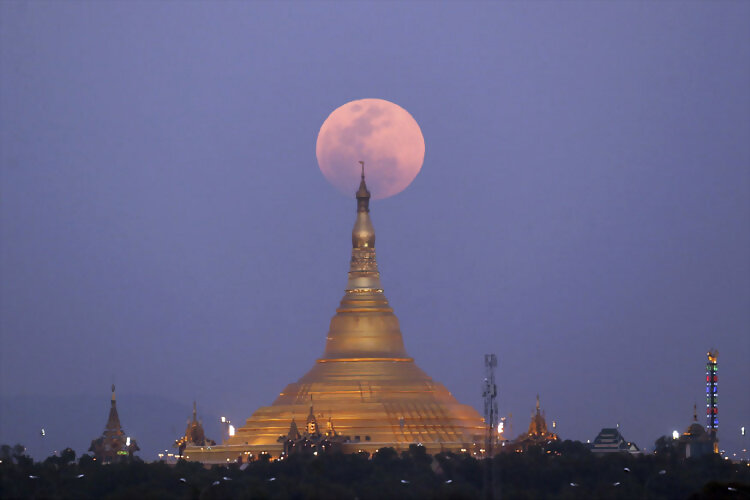
The moon rises behind the Uppatasanti Pagoda seen from Naypyitaw, Myanmar on Wednesday. (AP Photo)
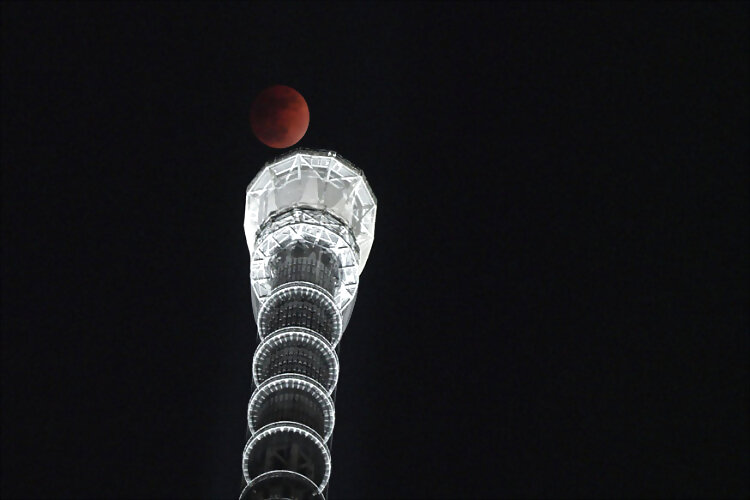
Lunar eclipse is seen over Tokyo Skytree in Tokyo on Wednesday. (AP Photo/Eugene Hoshiko)
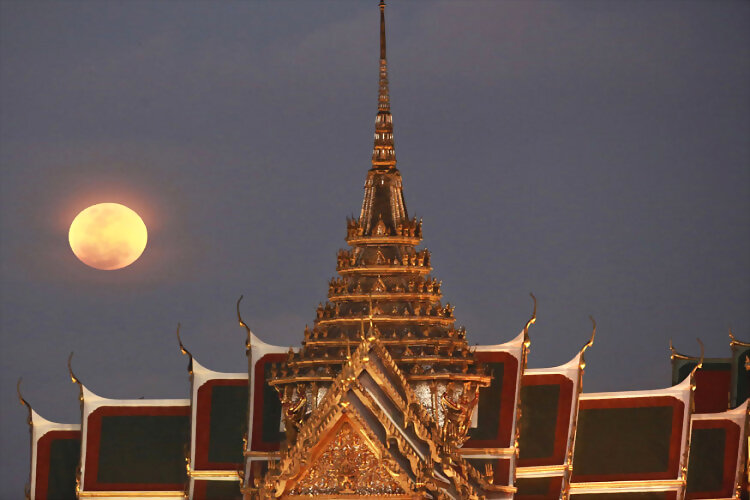
A full moon rises beside the Grand Palace in Bangkok, Thailand on Wednesday. (AP Photo/Sakchai Lalit)
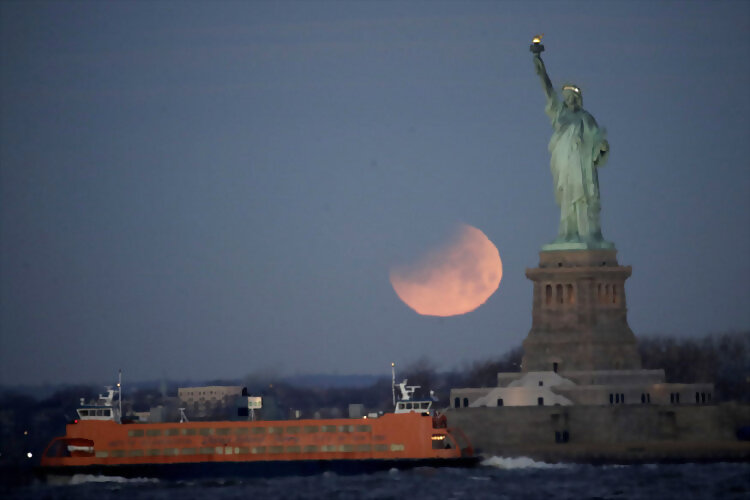
The Statue of Liberty and the Staten Island Ferry are backdropped by a supermoon on Wednesday. (Photo: AP)
Thousands gathered at Los Angeles' Griffith Observatory, which opened its doors at 3:30 am (1130 GMT) to a crowd expected to reach 2,000.
Some had waited in line since 10:00 pm the night before, hoping for a choice viewing spot.
In India, the eclipse was seen by the people of North-East between 4.21pm and 5.18pm.
The rest of the country got a glimpse between 5.18pm and 6.21pm. The west coast and parts of Rajasthan saw the celestial event from 6.21pm to 7.37pm.
The eclipse began around 2:15 pm, as a black shadow began to devour one corner of the gray-white Moon.
An hour later, the lunar surface was plunged into darkness, known as totality.
Then, rusty tones began to sheath the Moon, reflecting the light of all the sunrises and sunsets on Earth at the same moment.
The extreme east of Africa, the Middle East and Asia, Russia, Australia and New Zealand could enjoy the spectacle on Wednesday night, as the Moon rises there.
People in Hawaii, Australia and eastern Asia should be able to follow the full eclipse from beginning to end, said NASA.
But most of South America, Africa and Europe, where the alignment occurs in the middle of the day, will miss out on the show.











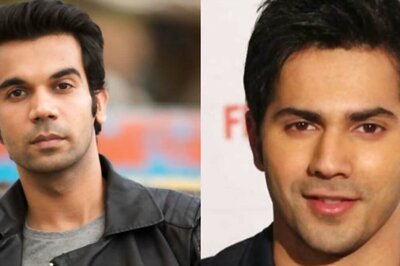






Comments
0 comment